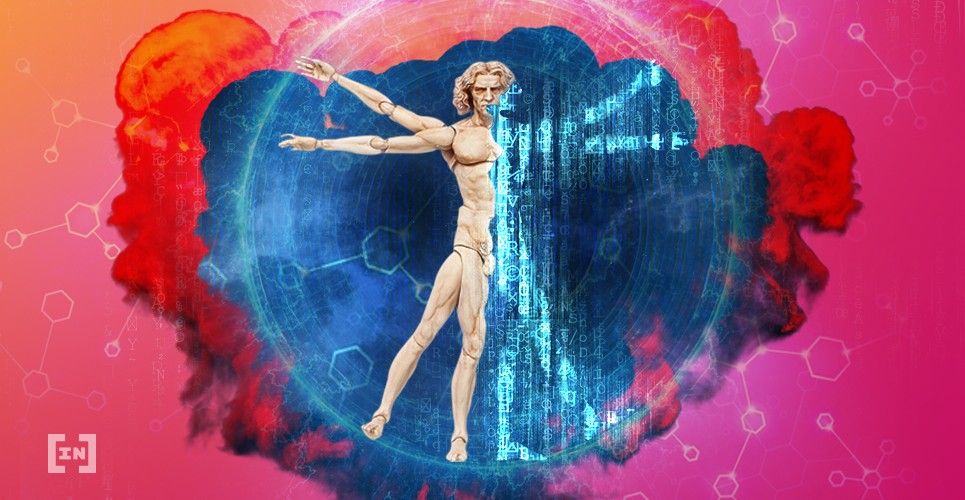In the digital age, every industry and organization is constrained by a lack of trust. In human organizations, processes can be exposed, influenced, and financed from all sides via their infrastructure, which poses unparalleled pressures.
With the advent of cryptocurrencies has come increased resilience for digital infrastructures, based on a specific, minimalist, and purely mathematical model. As a dedicated economic system for infrastructure operators, the sole requirements are energy and hardware to maintain a secure and decentralized network.
Built on top of it are networks for confidentiality and co-execution verification with multi-signed and programmable currencies, payments, rights, proofs, representations of all goods easily exchangeable with the “new Internet” value mediums and standards.
Blockchain has a vital role to play within supply chains. As the transactional heart of the real economy, it relies on interoperability. Despite synchronous business, co-production remains asynchronous. There is a number of major issues in supply chain, which have yet to be fully addressed by emerging technologies, including the integration of e-commerce, the new emergency humanitarian logistics (e.g. low return after natural disasters), the new health emergency (COVID showing a lack of agility between circuits), the exponential demands on the (real) traceability of origins and processes.
Traceability is not only a problem on the industrial side but also in the finance sector, with the recently leaked FinCENFiles being a perfect illustration of the shortcomings of the fight against money laundering. Despite strong regulations and KYC / AML processes, the FinCENFiles reveal the inefficiency of the audits and operational rules of application. Banks have been unaware, or perhaps even complicit, in numerous breaches of such regulations in the financing and laundering of money related to criminal activity.
Verification and a lack of accountability are issues which are not confined solely to the finance sector: Industry 4.0 is also forced to integrate third-party innovations in a continuous flow that exceeds the capacity for verifiability and diagnostic skills. Interoperability thus leads to a major risk of loss of control over the data and information circulating between equipment, and without being able to control the risk in the information system, these flows and sometimes these projects are interrupted.
Interoperability issues are a major obstacle to digital transformation, mainly for supply chains. The flow of information is asynchronous, not easily verifiable and siloed. Exponential requirements on traceability are badly addressed with greater data exposure, time-stamped, and signed but lacking greater verifiability. The current global pandemic is another illustration of the lack of agility across supply chains.
We can fix these issues with a distributed network of proofs. These two disparate worlds will be synchronized when this new technical blockchain-based system is built to verify and protect confidentiality on: EDI flows, rights, certificates, third operation states, reports, agreements and other important data.
To create this new system of verification in our supply chains, we will need to integrate new frameworks such as Elements or Horizen Labs, build new layered architectures (sidechains, pegs, channels, etc.), incorporate innovations in multi-signatures, including two way signature of proofs between chains (blockchain agnostic).
Resilient and layered architecture will also be key. A layered architecture allows
- on layer 1: a resilient robust mathematical and minimalist fongible historization with a Proof-of-Work (PoW) of the layers;
- on layer 2: volumes and scalability for confidential transactions, “free” tokens (technical tokens), multi-signed with rapid consensus without mining, also the interoperability of layers;
- layer 3 is non-physical, it is a blockchain for the issuance of non-fungible tokens (NFT), strong legal proofs, multi-signature support with governance that users can design.
Top crypto projects in the US | April 2024
Trusted
Disclaimer
In compliance with the Trust Project guidelines, this opinion article presents the author’s perspective and may not necessarily reflect the views of BeInCrypto. BeInCrypto remains committed to transparent reporting and upholding the highest standards of journalism. Readers are advised to verify information independently and consult with a professional before making decisions based on this content. Please note that our Terms and Conditions, Privacy Policy, and Disclaimers have been updated.

Advertorial
Advertorial is the universal author name for all the sponsored content provided by BeInCrypto partners. Therefore, these articles, created by third parties for promotional purposes, may not align with BeInCrypto views or opinion. Although we make efforts to verify the credibility of featured projects, these pieces are intended for advertising and should not be regarded as financial advice. Readers are encouraged to conduct independent research (DYOR) and exercise caution. Decisions based on...
Advertorial is the universal author name for all the sponsored content provided by BeInCrypto partners. Therefore, these articles, created by third parties for promotional purposes, may not align with BeInCrypto views or opinion. Although we make efforts to verify the credibility of featured projects, these pieces are intended for advertising and should not be regarded as financial advice. Readers are encouraged to conduct independent research (DYOR) and exercise caution. Decisions based on...
READ FULL BIO
Sponsored
Sponsored

